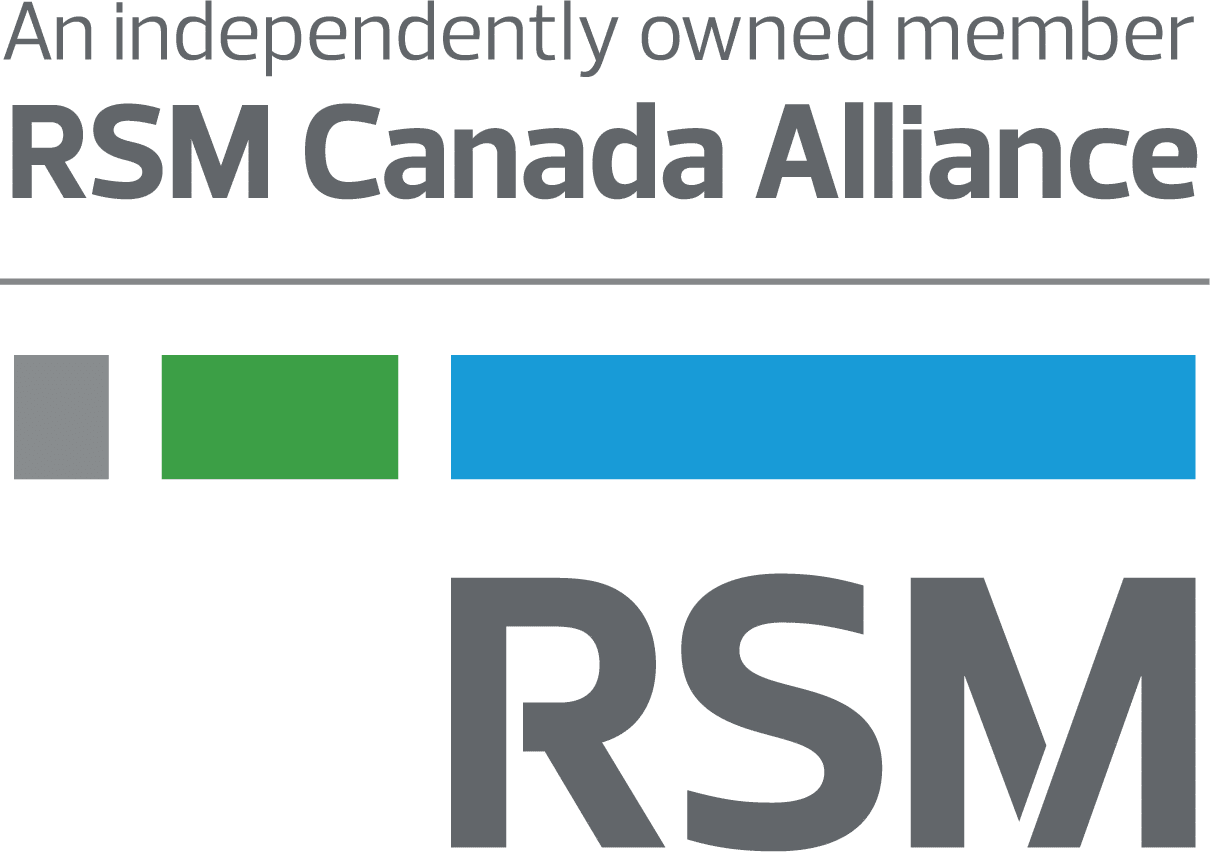
Like every other business owner, your small business is your baby. And at no cost would you want any harm to come to your baby, right? When running a business, you depend on other people—such as employees, suppliers, clients or partners—for many tasks and responsibilities. Delegation of work cannot be avoided if the business is to grow and expand successfully.
However, with delegation and dependence on other people comes the danger of fraud.
No matter how small or big, every business faces the threat of various types of fraud, including money laundering, inventory theft, data security breaches, and financial statement fraud. While one cannot be completely immune to such threats, there are ways to shield your business to some extent with the help of internal and external measures. After all, prevention is better than cure, especially where money is involved.
Tips To Prevent Fraud in the Business
Here are some basic ways in which small business owners can prevent or at least lower the risk of fraud in their workplace:
Educating Employees About Anti-Fraud Policies
The first step to preventing fraud is to carefully formulate a robust anti-fraud policy that covers all kinds of fraud and the implications of their detection. The policy should outline the business’s vision, mission, principles, and values, and the activities that constitute “theft” or “fraud” should be given clearly. It should also detail the moral and ethical standards expected to be upheld by employees.
You can educate your staff about how to report any suspicious activity or behaviour they notice in the company. Assuring them of maintaining anonymity in reporting such cases or declaring certain perks or benefits for whistleblowers who help unearth such thefts also helps motivate employees to stay alert and report such incidents. At the same time, it is also very important to deal with such thefts most strictly and set an example to discourage further mishaps.
Discussing these policies with your staff and making them aware of the consequences of unethical conduct can act as a major deterrent to fraud. Inculcating a proper work culture and ensuring all your employees are treated with respect and care also goes a long way in gaining employee loyalty and keeping them from the temptation to deceive for self-gain.
Separating Financial Responsibilities
Small businesses often have a limited staff, with one person in charge of an entire department. While this is a budgetary necessity, it could also be the reason fraud goes undetected. This is especially true in accounting and bookkeeping tasks, where critical numbers related to invoicing, employee payroll, and cash inflow can be manipulated.
The best way to avoid such thefts is to divide major functions, including cash and other financial responsibilities, among two or more people. For instance, you can segregate the job of handling any given transaction among three people – one can initiate and process the transaction, the second can approve the transaction, and the third can review and reconcile it. When it comes to large checks, ensure you need two authorized signatories for the check to go through. In this way, when multiple people are involved in a single task, the chances of catching any errors – involuntary or planned – increase. The fear of such detection helps deter thefts and fraudulent activities. Another solution is to outsource your accounting and bookkeeping responsibilities to a specialized firm with no vested interests in your business.
Conducting Surprise Audits
While regular audits of your business books and inventory are advisable, springing a surprise audit can help catch any unethical activity in your company. For instance, do a surprise check on your inventory to ensure it is all well-accounted for and that no one has been discreetly selling off products behind your back. As the business owner, you have the full right to ask for any books of accounts or documents and check them. Also, keeping in touch with your bank to ensure all bank-related functions are going smoothly and without discrepancies can help prevent fraud.
It’s not always your staff that could make unscrupulous attempts – sometimes even customers resort to such antics. It’s always better to double-check any customer complaints or claims for refunds before settling them. The same goes for suppliers or other partners. Staying alert in your dealings with them and carefully recording and documenting all communication and transactions can act as proof in the event of theft in such cases.
An even better way to prevent fraud is to schedule an external audit, which is unbiased and thorough. A professional accountant can conduct external audits and provide support with technological compliance. They can suggest an upgrade to your financial software with the latest guidelines or provisions of the CRA.
Insuring Against the Risk of Fraud
Despite your best efforts, there may come a time when your business has to face fraud. While the law will take its own course of action to catch the culprit, you can minimize your losses by insuring your business against fraud. Seek advice from an expert to know what risks your small business can run into and the insurance that will best suit your business’s needs.
Apart from these tips, it is your responsibility as the owner to be careful with sensitive data about the business. Regularly changing vital passwords, keeping an eye on every department, and listening to your staff’s problems and suggestions are effective tools for preventing fraud. As for drafting anti-fraud policies and other fraud prevention techniques, it is best to consult the experts.
Contact Ford Keast LLP in London for Your Assurance Needs
A professional accountant can help you audit your company’s bookkeeping and internal control systems and provide suggestions on improving the effectiveness of your system. To learn more about how Ford Keast LLP can provide you with the best auditing and review services, contact us online or call us at 519-679-9330.




